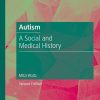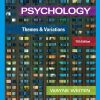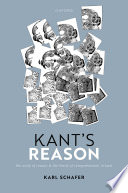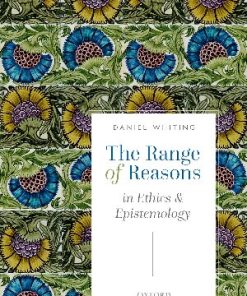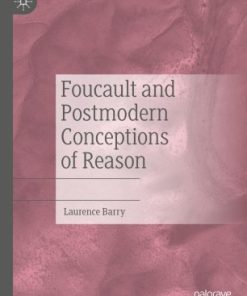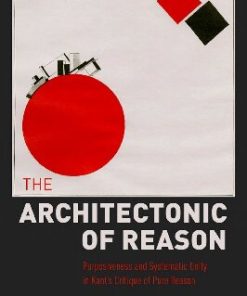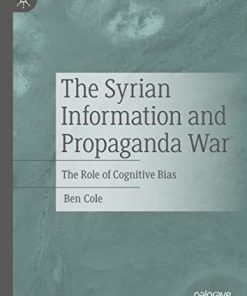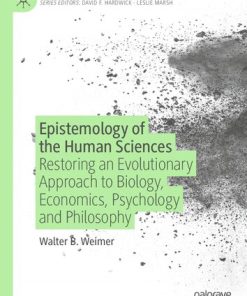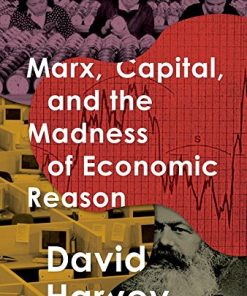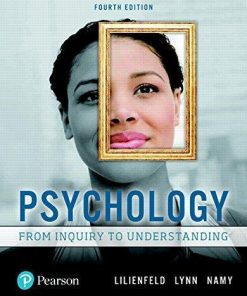Reason, Bias, and Inquiry: The Crossroads of Epistemology and Psychology 1st Edition Nathan Ballantyne
$50.00 Original price was: $50.00.$25.00Current price is: $25.00.
Reason, Bias, and Inquiry: The Crossroads of Epistemology and Psychology 1st Edition – Ebook Instant Download/Delivery ISBN(s): 9780197636916,0197636918,9780197636930, 0197636934
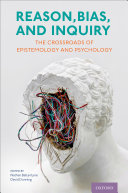
Product details:
- ISBN-10: 0197636934
- ISBN-13: 9780197636930
- Author: Nathan Ballantyne, David A. Dunning
Philosophers and psychologists routinely explore questions surrounding reasoning, inquiry, and bias, though typically in disciplinary isolation. What is the source of our intellectual errors? When can we trust information others tell us? This volume brings together researchers from across the two disciplines to present ideas and insights for addressing the challenges of knowing well in a complicated world in four parts: how to best describe the conceptual and empirical terrain of reason and bias; how reasoning and bias influence basic perception of the physical world; how to assess knowledge and expertise in ourselves and others; and how people approach reasoning and knowledge among and about groups. Together, the chapters show what philosophers and psychologists can do together when they shine light on the challenges of reaching the truth and avoiding errors. Reason, Bias, and Inquiry is a multidisciplinary meditation for readers who are awash in information but are uncertain how to manage it to make informed decisions.
Table contents:
Part I Rationality and Bias
1. Bias: Some Conceptual Geography
2. I’m Right, You’re Biased: How We Understand Ourselves and Others
3. Yo-yo Rationality Attributions
4. Can We Be Reasonable? Bias, Skepticism, and Public Discourse
5. Rationalization, Creativity, and Imaginative Resistance
Part II Perception and Attention
6. Sight Unseen, Justice Unobserved: How Naïve Realism in Visual Attention Affects Legal Decision-Making
7. Dogmatism and the Epistemology of Covert Selection
8. Bias in a Biased System: Visual Perceptual Prejudice
Part III Metacognition and Epistemic Evaluation
9. The Trouble of Not Knowing What You Do Not Know: Psychological, Philosophical, and Societal Implications
10. Novices and Expert Disagreement
11. Against Strawsonian Epistemology: Testimony, Self-Knowledge, Promising, and Resolving
12. Attitude Psychology and Virtue Epistemology: A New Framework
Part IV Cognition and Development
13. A Paradox of Information Aggregation: We Do It Well but Think About It Poorly, and Why This Is a Problem for Institutions
14. Why Do People Argue Past One Another Rather than with One Another?
15. Knowing What Is Known: Emerging Insights into the Limits of Individual and Distributed Knowledge
People also search:
Reason, Bias, and Inquiry: The Crossroads of Epistemology and Psychology
Reason, Bias, and Inquiry
How is epistemology related to psychology
biases in psychology
Reason, Bias, and Inquiry pdf
You may also like…
Politics & Philosophy - Social Sciences
Kant’s Reason: The Unity of Reason and the Limits of Comprehension in Kant Karl Schafer
Politics & Philosophy - Major Branches of Philosophical Study
The Range of Reasons: in Ethics and Epistemology 1st Edition Daniel Whiting
Politics & Philosophy - General & Miscellaneous Philosophy
Politics & Philosophy - Social Sciences
Politics & Philosophy - General & Miscellaneous Philosophy
Politics & Philosophy
Marx, Capital, and the Madness of Economic Reason 1st Edition


